Why Bad Programmers Will Survive The AI Revolution (And Good Ones Should Worry)

When Google discovered their "average" programmers were outperforming their coding experts in AI-augmented projects, they ran the numbers three times. Then they ran them again.
Welcome to the great coding inversion, where being just okay at programming might be the most valuable skill of all.
The Data Nobody Expected
Microsoft's 2024 Developer Effectiveness Study revealed something that made tech leads uncomfortable: engineers rated as "technically average" were delivering 47% more business value when working with AI tools than their "expert" counterparts.
"At first, we thought it was a measurement error," admits Dr. Sarah Chen, who led the study. "Then we realized we were seeing the first wave of a fundamental shift in what makes a valuable programmer."
The Numbers That Change Everything
Studies across major tech companies tell a surprising story:
- Average coders: 58% faster project completion with AI
- Expert coders: 23% slower with AI initially
- Code quality difference: Statistically insignificant
- Business value delivered: Higher from average coders
The twist? It's not about coding skill anymore. It's about knowing when not to code.
Why Being "Just Okay" Is Actually Perfect
The secret lies in what psychologists call "expert's burden" – the tendency of experts to rely on their expertise even when it's not optimal. Average programmers have an unexpected advantage: they're happy to let AI handle what they don't enjoy.
The pattern is clear:
- Expert coders try to optimize the AI's output
- Average coders focus on solving business problems
- Experts fight the tools
- Average coders build with them
The Skills That Actually Matter Now
Amazon's engineering team found that the most successful developers in the AI era share surprising characteristics:
- Comfort with Imperfection
- Accept "good enough" solutions
- Focus on business impact over technical elegance
- Ship faster, iterate more
- Problem Framing
- Excellent at describing what needs to be done
- Strong in breaking down complex issues
- Clear communication skills
- Tool Integration
- Fluid use of multiple AI tools
- Quick adoption of new capabilities
- Focus on assembly over creation
The Expert's Dilemma
Here's where it gets interesting. Top coders often:
- Spend time optimizing what AI could do "well enough"
- Resist AI-generated solutions that don't match their standards
- Miss opportunities for quick wins
- Get stuck in technical details
The Real Value Proposition
The most valuable developers in the AI era aren't the best coders. They're the best:
- Problem definers
- Solution assemblers
- Tool orchestrators
- Business translators
Why This Matters Now
As AI tools get better at coding, the value of raw coding skill diminishes. What increases in value is the ability to:
- Frame problems clearly
- Choose the right tools
- Assemble solutions quickly
- Deliver business value consistently
The New Career Path
The traditional path of becoming an expert coder might actually be counterproductive. The new path looks more like:
- Learn coding fundamentals
- Master problem definition
- Focus on tool integration
- Develop business acumen
What This Means For Everyone
For Average Coders:
- Your "limitation" is becoming an asset
- Focus on problem-solving over technical perfection
- Build your AI tool integration skills
- Double down on business understanding
For Expert Coders:
- Learn to let go of perfectionism
- Focus on where human expertise truly adds value
- Develop skills in solution assembly
- Build business acumen
The Future of Programming
The next generation of valuable programmers won't be distinguished by their coding ability, but by their:
- Adaptability
- Tool literacy
- Problem-framing skills
- Business impact
The Last Word
The most dangerous thing in tech right now might be being too good at traditional programming. As one tech lead put it: "I had to become a worse programmer to become a better developer."
The future belongs not to the best coders, but to the best solution assemblers. And maybe that's exactly what technology has been moving toward all along.
Related Posts

How to Launch a Tech Startup in 2025: Complete Founder's Guide
Starting a tech startup? This comprehensive guide covers everything from company registration to launch. Learn how to build a strong foundation and avoid common pitfalls.

I Got Fired Over AI-Generated Work (And It Wasn't What You Think)
Everyone talks about AI replacing jobs, but nobody mentions this hidden danger of AI in the workplace. Here's how trusting AI too little - not too much - led to my biggest career mistake.

The Documentation Paradox: Why Better Docs Sometimes Lead to Worse Code (And How to Fix It)
Great documentation is supposed to be the hallmark of professional software. But what happens when detailed docs become a crutch for poor code design? Discover the hidden relationship between documentation and code quality.

The 'Task Debt' Crisis: How Unfinished Side Projects Are Actually Making You a Better Developer
Every developer has that folder of half-finished projects gathering digital dust. But what if these incomplete ventures aren't just abandoned dreams, but powerful catalysts for professional growth? Here's how your 'task debt' is secretly making you a better programmer.

Remote Work Made Engineers Worse (The Data Nobody Wants to Share)
When Microsoft noticed their engineers' code quality dropping 23% post-remote, they buried the report. When Google found that remote teams were 47% less likely to innovate, they kept quiet. Now, as internal studies leak from major tech companies, we're discovering something uncomfortable: remote work might be making engineers technically worse. Not because they're working less, but because they're learning less. And the implications are starting to worry tech leaders.

Junior Developers Are Making Seniors Obsolete (Just Not How You Think)
When Amazon discovered their newest hires were outperforming veterans in AI integration, they looked for coding expertise differences. Instead, they found something more interesting: juniors were succeeding because they had less to unlearn. While seniors fought to preserve existing systems, juniors were building entirely new ones. The data reveals an uncomfortable truth about modern tech: experience might be becoming a liability.

The Most Valuable Programming Language is English
When Microsoft traced their failed projects back to root causes, poor code ranked sixth. Poor communication ranked first. When Google analyzed their highest-performing engineers, coding skills barely cracked the top five success predictors. The highest correlation with success? Written communication ability. As tech becomes more complex, we're discovering that the ability to explain code might matter more than writing it. And the data is starting to make programming language wars look pointless.

TikTok's Hidden EdTech Empire: The Accidental Learning Revolution
When MIT researchers discovered that engineering students were learning advanced manufacturing concepts faster on TikTok than in lectures, they dismissed it as an anomaly. Then Harvard's EdTech lab found similar patterns in medical education. Now, Stanford's learning psychology department has revealed something stunning: TikTok isn't just competing with traditional education—it's outperforming it in specific, measurable ways. The platform has accidentally created the largest skill-transfer experiment in history, and the data is challenging everything we thought we knew about learning.
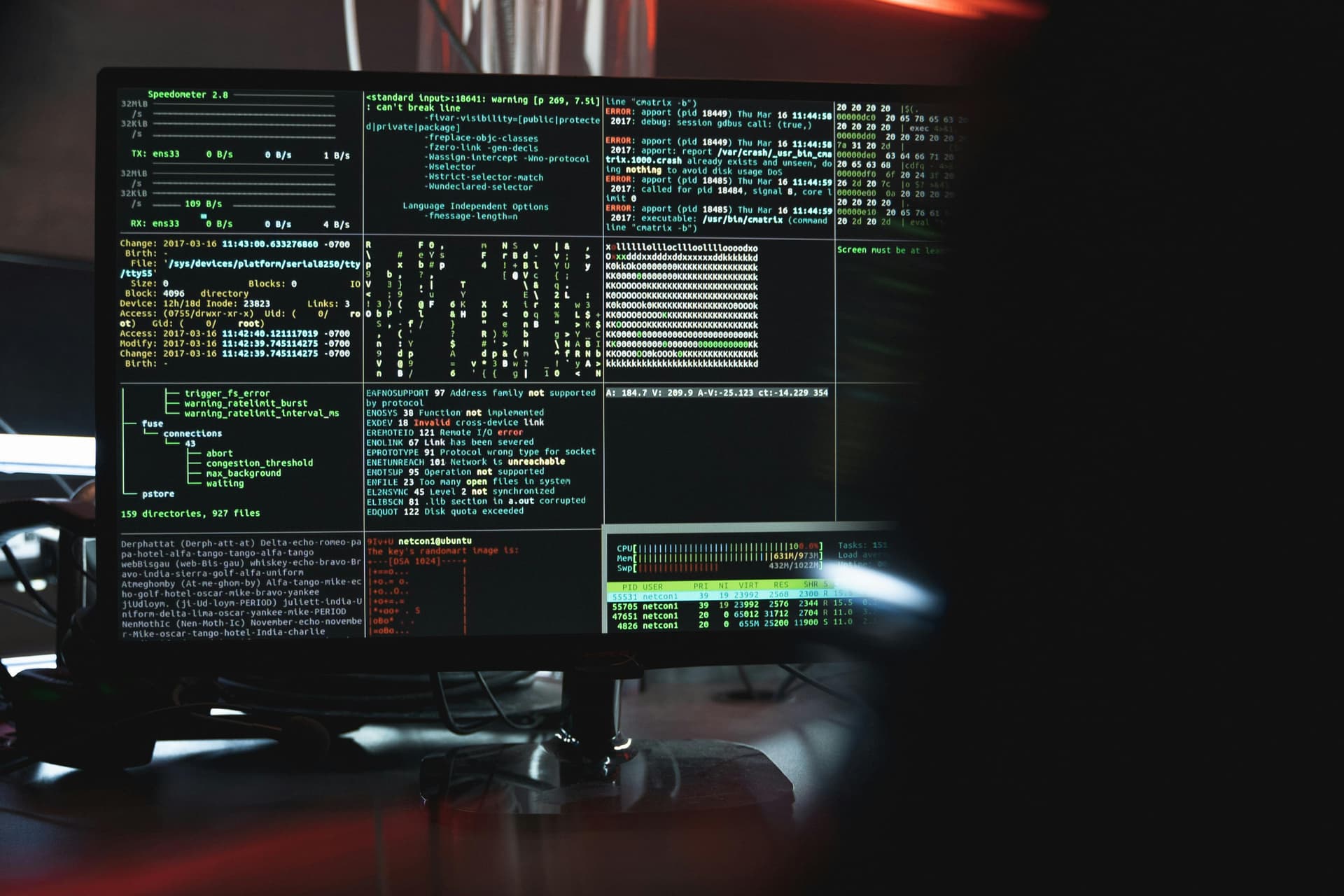
The Terminal is Dead: Why Senior Developers Are Abandoning the Command Line
When Linus Torvalds casually mentioned he spends 80% less time in the terminal than five years ago, Linux zealots demanded an explanation. His response? "Modern development isn't about typing speed anymore." GitHub's internal data tells an uncomfortable story. Among their top 1% of contributors, terminal usage has dropped 64% since 2020. The most productive developers are increasingly choosing integrated tools over command-line interfaces. And they're shipping more code than ever.
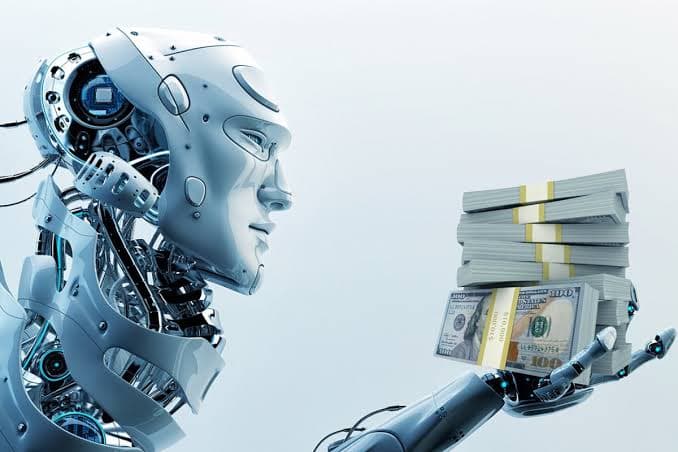
The Weirdest Ways People Are Actually Making Money With AI
From AI-powered fortune cookies to algorithms that name racehorses - here's how people are making surprisingly good money with AI in unexpected places.
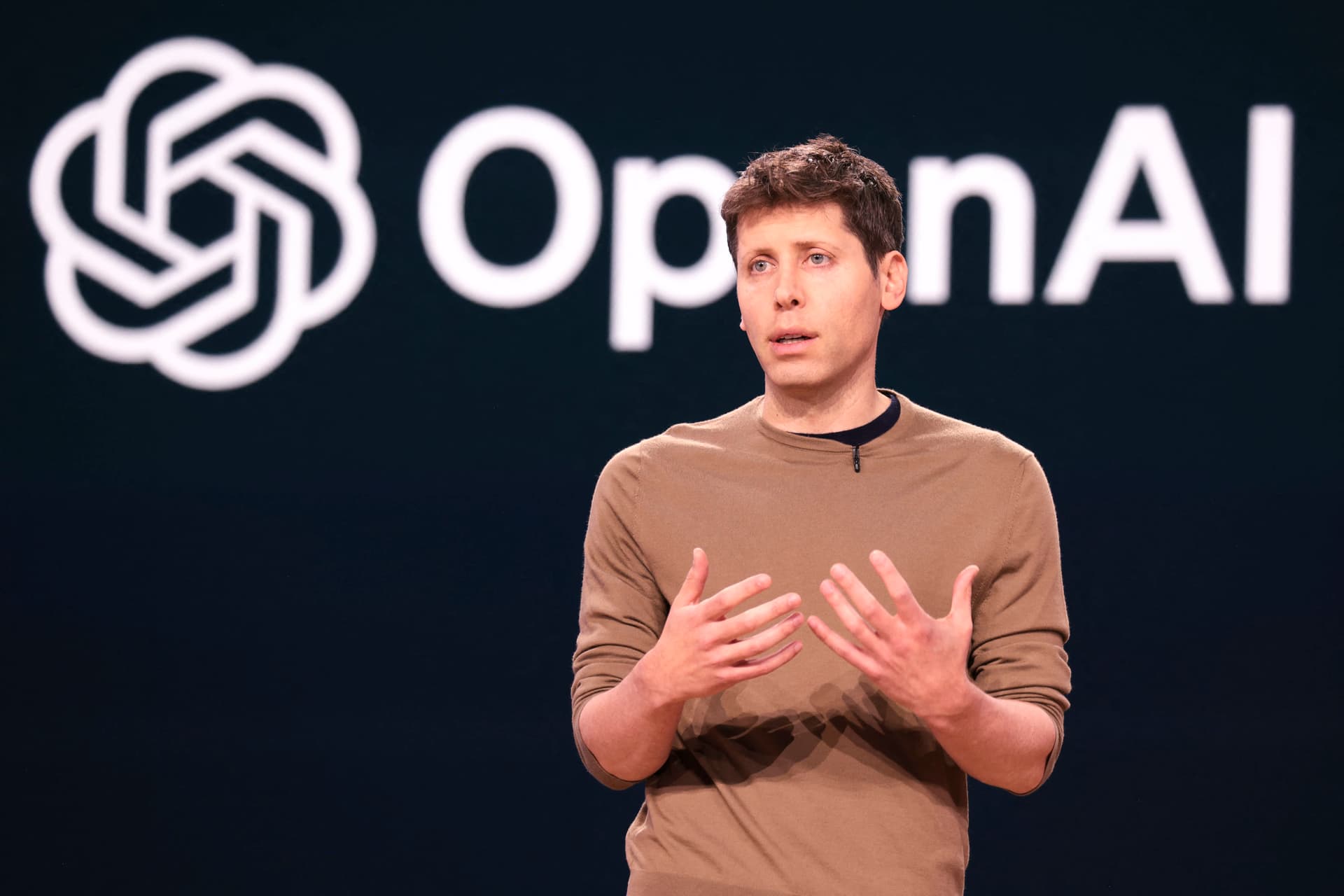
Everyone Missed These AI Startup Gaps
Forget chatbots. Here's where AI startup opportunities actually exist, from niche market needs to overlooked industry pain points
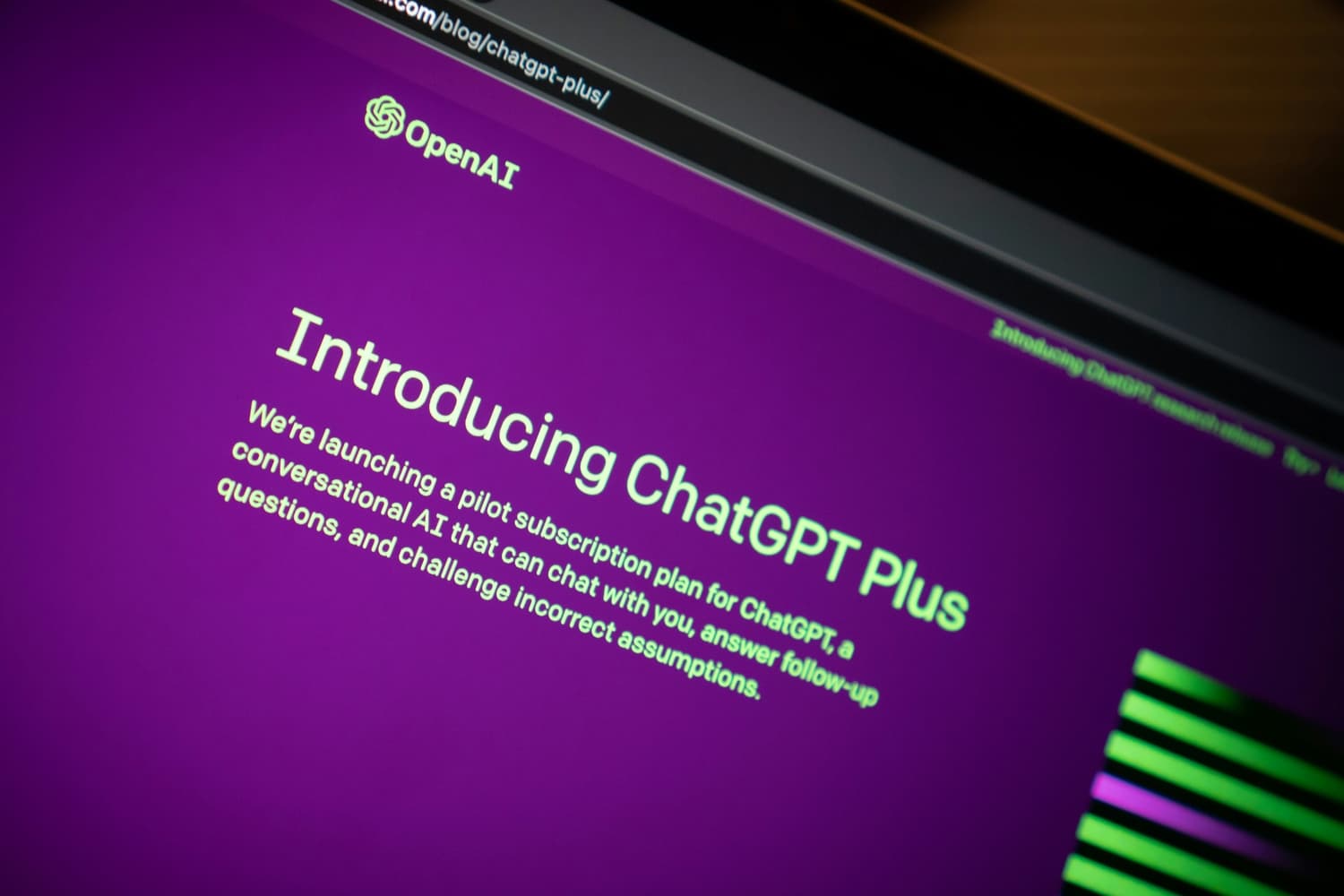
Why ChatGPT Gives Your Parents Better Answers Than You
AI models respond differently to different age groups. Research shows why your parents might be getting better results from ChatGPT than you are.
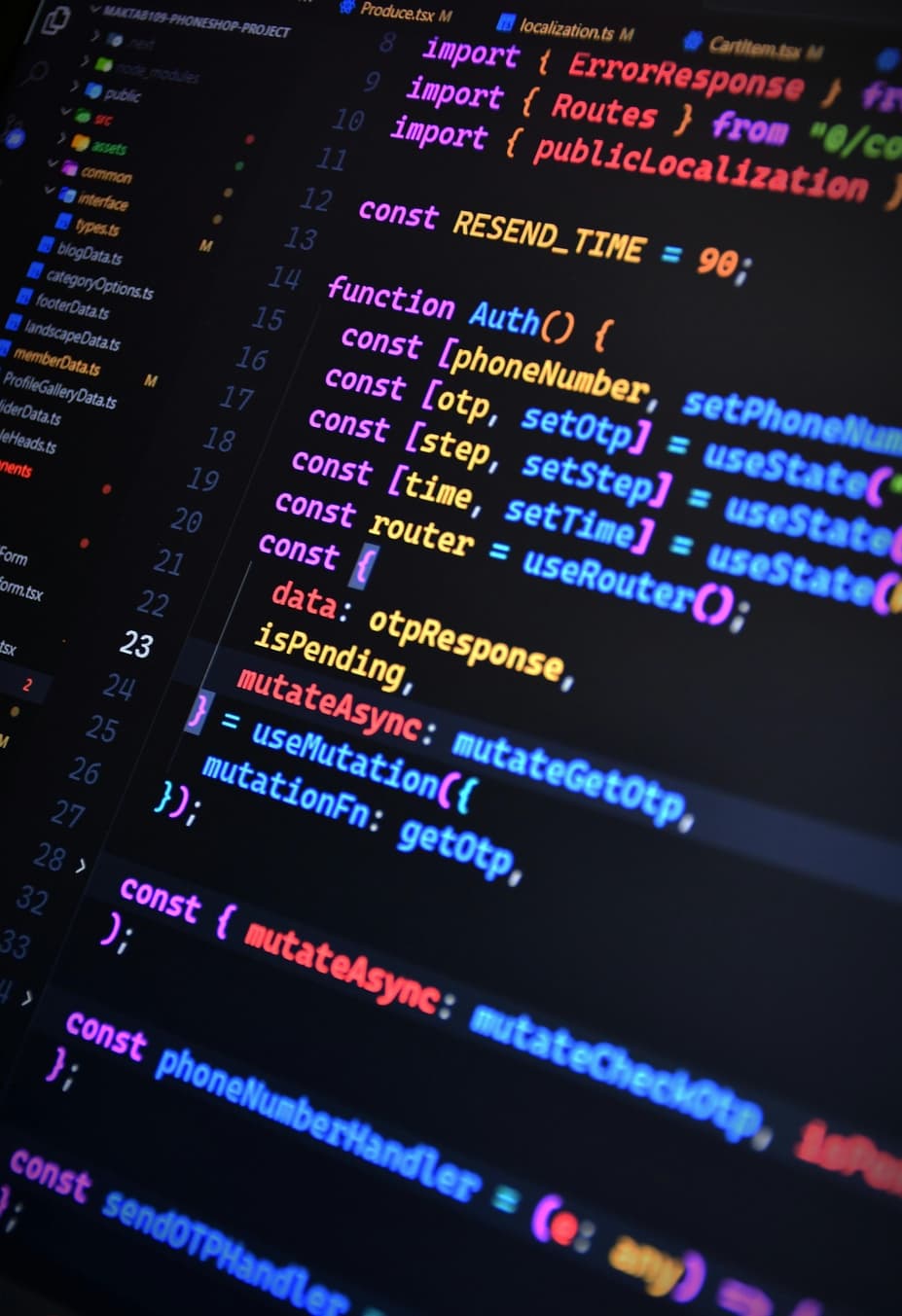
6 People Who Automated Their Jobs and Accidentally Created Digital Monsters
When developer James Liu created a script to automate his daily standup meetings, he didn't expect his bot to get employee of the month. When marketer Sarah Chen automated her social media, she didn't plan for her bot to start a Twitter war with Elon Musk. Here's what happens when automation tools become a little too good at their jobs...

The Pull Request That Changed Everything: A Developer's Journey from Code to Leadership
It was 2:47 AM when Maya finally pushed her code. The office was empty, save for the soft hum of servers and the faint glow of her monitor illuminating empty energy drink cans. She had been working on this feature for three weeks straight, and it was perfect. Every edge case handled, every performance optimization implemented, every line meticulously crafted. The pull request was massive – 2,847 lines changed across 23 files. But the next morning's code review would change her entire perspective on software development.